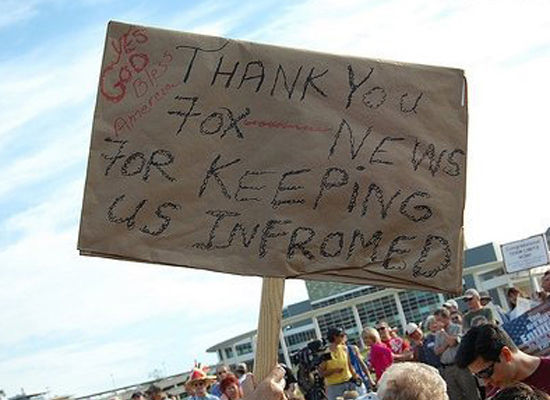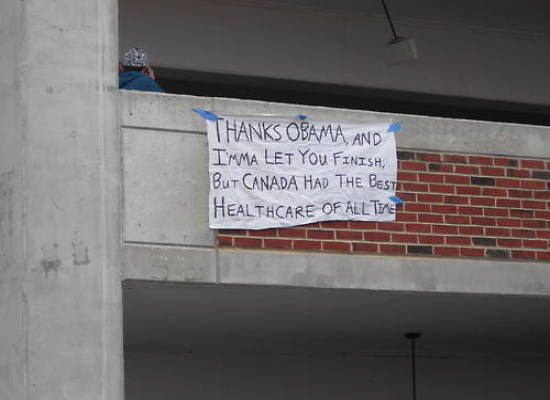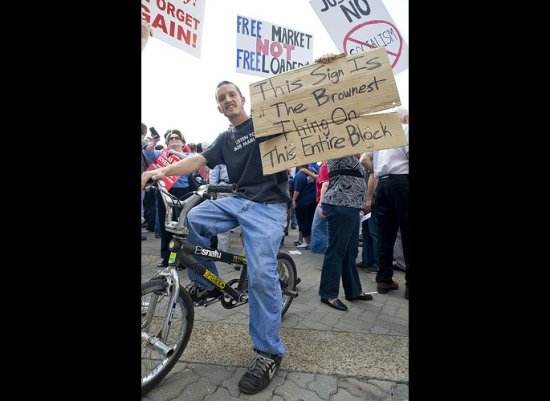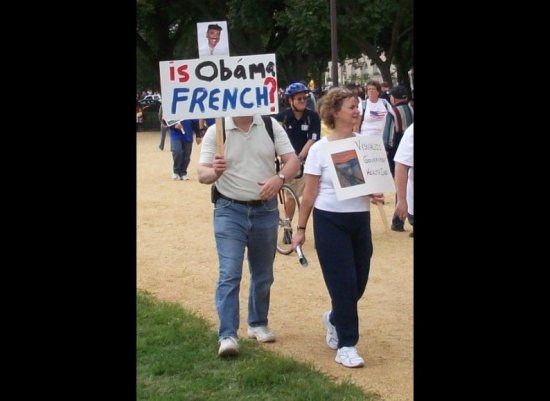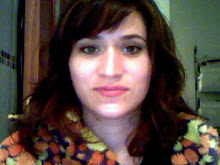(link here)
Think of Casablanca and most of us imagine Humphrey Bogart and Ingrid Bergman's epic wartime love affair.
But this sprawling port city of more than three million people is also home of some of the largest slums in the Arab world.
The rising young population, and growth in rural urban migration, has put pressure on housing, in cities such as Casablanca.
Larbi Adri, a Moroccan electrician, showed us around the Casablancan slum where he lived for 10 years until a few weeks ago.
It is early afternoon and many of his friends are hanging around here, because they don't have jobs.
Unemployment is high, and without a steady job there's little hope of escaping the squalor.
Larbi took us to a pile of rubble where his shack used to be. It was demolished as part of the government's ambitious plans to rid the country of its shantytowns.
"The conditions are bad, there's rubbish all over the place," he says.
"They set the rubbish alight, so there was always the smell of smoke.
"My children had no place to play and when it rained the water came inside the house. It's not like living in a house, there is nothing here."
But Larbi is one of the lucky ones.
After this tour of his old home, he took us to his new three bedroom apartment, which he's just moved into with his wife and two children.
It's clean and spacious, and although close to the slum where he used to live, it's a world apart.
'Cities without Slums'
And most importantly, because it's subsidised, he can afford the mortgage payments of $125 (£77) a month, which is about a third of his income.
"The reorganisation of informal housing is part of the government's programme 'Cities Without Slums'," says Ouafa Messous, an urban planner at the Ministry of Housing in Morocco.
This is the type of success story that the Moroccan government is trying to build on.
"Its objective is to improve the condition of 298,000 homes. We're investing over $3bn in the project, and so far 138,000 people have been moved from informal to formal houses."
The scale of the project is huge, which is why the government has brought the private sector on board.
BMCE Bank, which is one of Morocco's largest lenders, specifically targets people who don't own property, and customers who have irregular incomes, such as taxi drivers and carpenters.
It's a growing business for the bank, which has about 9,700 mortgages for people moving into low cost housing.
It may seem surprising that lending to sub-prime customers would be an attractive proposition after the financial crisis.
But it is for Morocco's banks, according to a BMCE Bank spokesperson, who said the government secures up to 70% of the value of the loan, and that the bank reduces its risk by only lending up to 40% of a customer's income.
Able to pay?
The other major opportunity in low cost housing is for developers.
Just a stone's throw away from where Larbi used to live, Addoha is building tens of thousands of low cost apartments.
While many developers in the Arab world are posting shrinking profits and putting major construction projects on hold, the Moroccan developer Addoha is doing the opposite.
The developer says there's a shortfall of around one million low cost houses which need to be built in Morocco.
And with the help of government subsidies and tax breaks, the company is building more and more of them, and increasing its profits.
But when it comes to low cost housing, the margins are thin, which is why developers need to rely on economies of scale.
"Our strategy to make this profitable starts with buying the land," says Abderrazak Waliallah, deputy general manager, of Addoha.
"The bigger the land, the cheaper it becomes. A second thing is that we take land that needs some work, so it's cheaper.
"Also because we are buying in bulk, we can negotiate good deals with contractors and get the best price."
But the problem does not end with matching supply and demand, according to Fouad Ammor who's a Moroccan economist based in Rabat.
"The problem is, to what extent will those in need of housing be able to pay for it?" he says.
Addoha's low cost apartments, which sell for around $25,000, are still out of the reach of many.
'No safety net'
Mounia - who lives in the same slum as Larbi used to - told the BBC she feels trapped.
 The government says 138,000 people have got new homes so far |
She lives, eats, sleeps and wakes in a small room with her husband and two children. The room is about the size of most people's kitchen.
Her husband sells clothes on the streets, and they cannot afford to take out a mortgage.
"I cannot pay $125 a month on rent," Mounia says.
"Sometimes my husband works all day and he doesn't earn even one cent; sometimes he doesn't sell any clothes and we need to buy food - so how can we save $125 a month?"
This was a common story among the people we spoke to in the slums of Casablanca.
Some said they couldn't afford to pay the deposit for a mortgage, others that they were concerned about being relocated miles outside town.
Others said they'd rather stay in the slum with free accommodation, electricity and water, than risk falling behind on mortgage payments.
There's also a strong culture of home ownership in Morocco, which means that many people are reluctant to rent an apartment.
"We don't have a social safety net here, so when people are jobless you have no income unless you have income from a family member," according to Fouad Ammor.
"There is a big problem of insecurity here. When you have a house your needs are narrowed. You are secure, more or less."
The Moroccan government has helped hundreds of thousands of people move from the slums into low cost housing, and bringing in the private sector has helped accelerate its plans to create cities without slums.
But many of Morocco's poorest people cannot afford even low cost housing and so feel they have been left behind.

